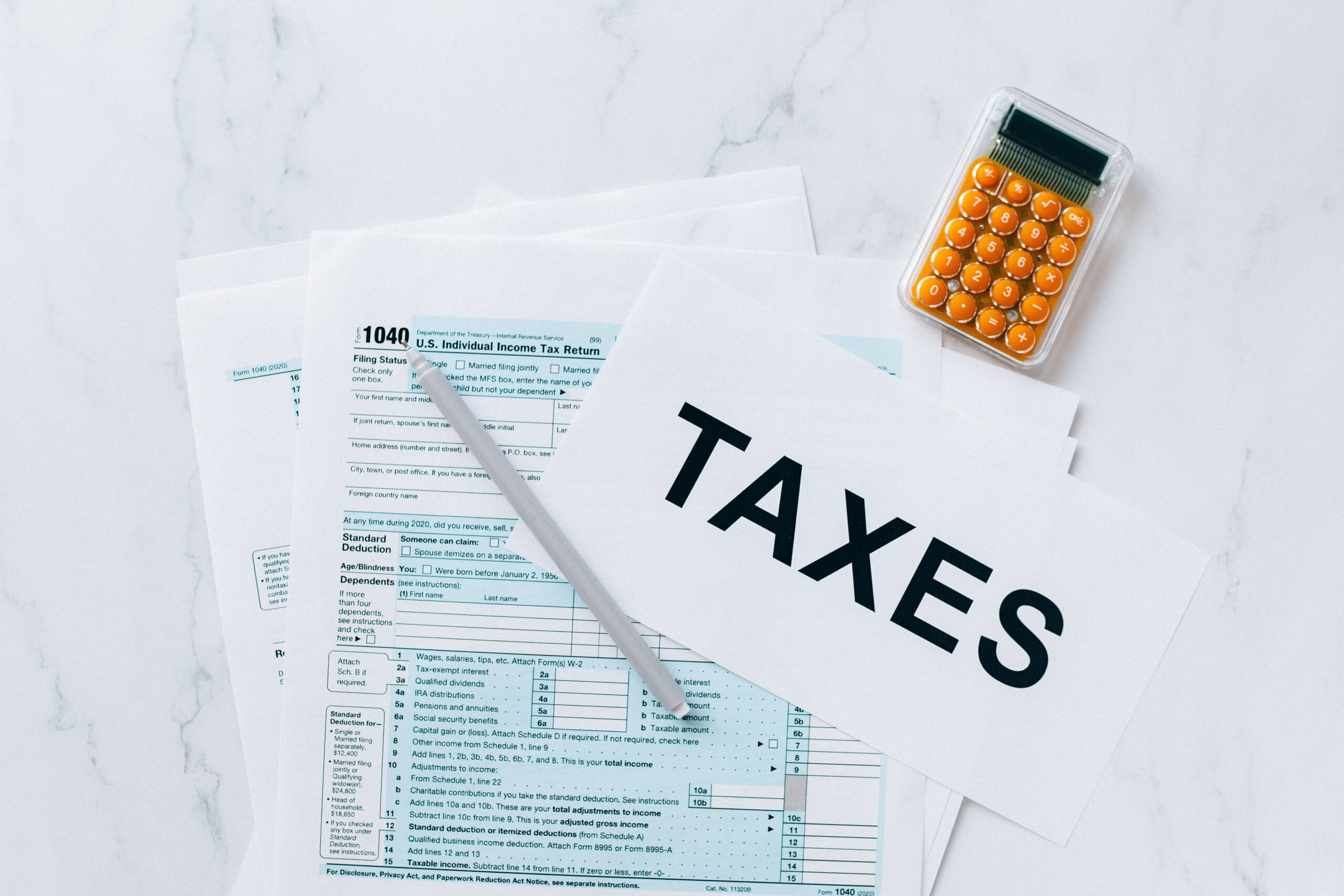Do you know where all your money went last month? If you’re drawing a blank, you wouldn’t be alone. According to research, 65 percent of people don’t know how much money they spend in a month.
This uncertainty may be common, but it isn’t doing you any favors. When you don’t know what you’re spending week to week, you can end up short at the end of the month.
Fortunately, the budget is an easy fix to this familiar problem. Making one puts you in charge of your money. But don’t worry if you’re not used to this responsibility. Here are tips on how to make a better budget.
Choose a System
Have you ever tried to follow a budget, only to fail a week into the trial? Poor impulse control isn’t the only reason why this might happen. You could be using the wrong budgeting method for your learning style and spending habits.
How a budget works differs drastically depending on whether you use the percentage budget, the envelope system, an app, or the kakeibo method. These are just some of the budgeting techniques out there today. Play around until you find a method that fits your needs.
Plan for the Future
Whatever budgeting method you settle on, it should always help you squirrel away a bit of your income into savings. Savings are non-negotiable when it comes to your financial well-being.
Short-term savings act as a financial safety when things go sideways. If you face an unexpected emergency expense — one you didn’t think to budget for — you can tap into these special reserves to cover it.
If another unexpected emergency expense arrives before you rebuild your savings, you may rely on short term small dollar loans to help you with your bills. These may include installment loans and lines of credit designed specifically for unexpected emergency expenses.
Follow the 72-Hour Rule
Strip away emergencies, and your spending loses its urgency, but it’s easy to forget this when you’re at the mercy of bad spending habits. Impulse purchases rarely line up with the goals you’ve outlined in your budget, and they might even syphon money you need for important savings or bills.
If you have a habit of buying without thinking, try following the 72-Hour Rule. This rule puts a halt to your discretionary spending. Rather than filling up your digital shopping cart and checking out all in one trip, try waiting 72 hours between these two steps. The temptation to splurge on these items tends to fade away after three days.
Automate Important Bills
The 72-Hour rule doesn’t hold up as a spending technique for important bills and expenses. Any delay in paying these things will likely result in sharp penalties.
Automating these bills ensures you always pay on time, insulating your wallet from costly late fines.
Budgeting Takes Practice
Your first crack at a budget may not always work, and that’s okay. Budgeting like a pro takes practice, so don’t give up. Pinpoint why you failed and try again.
In times like this, your finances deserve a plan that works. Stop playing your finances by ear and commit to a budget. Not only will you know where you’ve spent all your money each month, but you’ll know you’ve spent in ways that do some good.

